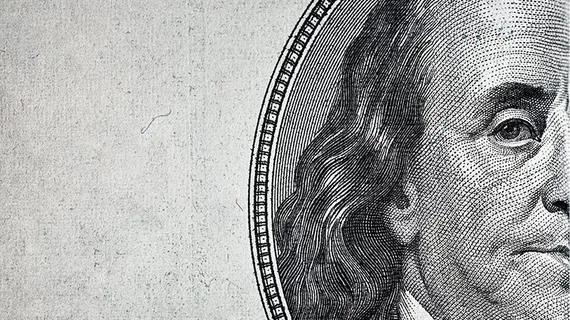HeartVista raises $8.65M for AI-powered MRI solutions, will offer free services during pandemic
HeartVista, a Los Altos, California-based imaging technology company, has closed a Series A financing round worth $8.65 million. The AI specialists have now raised $16.35 million overall.
This latest funding round was led by Khosla Ventures, Jeff Rothschild, Leslie Ventures, Open Field Capital, and other investors. The money is expected to go toward improving HeartVista’s musculoskeletal and neural offerings; expanding its sales, marketing, and regulatory efforts; modifying its One-Click Cardiac Package; and strengthening cardiology center partnerships.
The company is also looking to help healthcare providers throughout the duration of the ongoing COVID-19 pandemic. Hospitals will be able to use HeartVista’s software solutions for free, and remote cardiac screening will be offered to facilities that require such assistance.
“We’re excited to attract such a strong group of investors, led by Khosla Ventures,” Itamar Kandel, CEO of HeartVista, said in a prepared statement. “The new funds will bring us closer to realizing our vision of making MRIs affordable, widely available, and highly consistent, ushering in the age of MRI for all.”
“We are big believers in AI when applied to imaging and HeartVista is a thought leader in this area,” Vinod Khosla, founder of Khosla Ventures, said in the same statement. “Their very pragmatic solution increases access to MRI imaging.”

